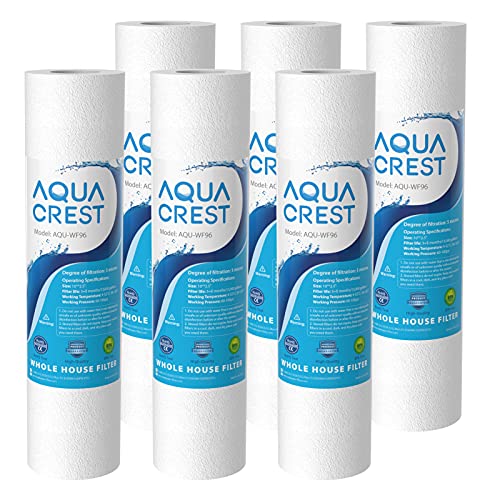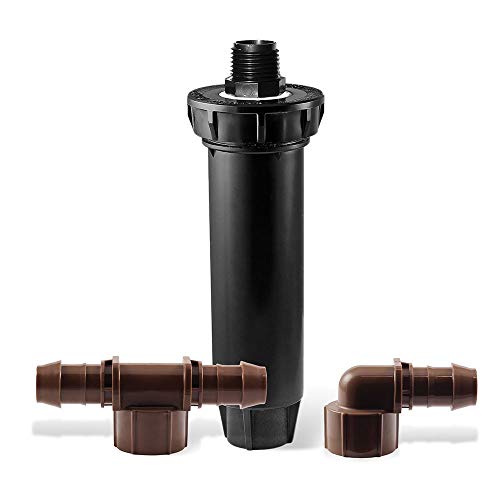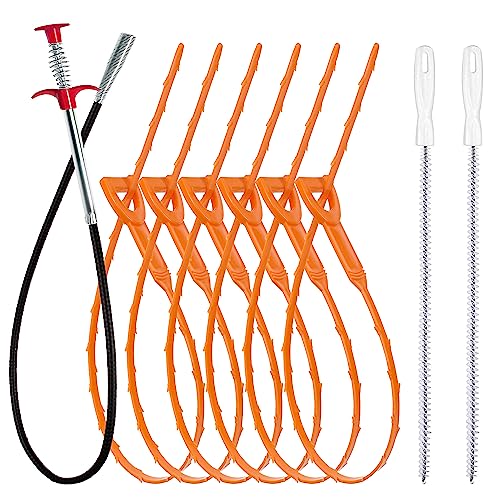Hi all, I am new here to the forums. I want to ask some questions directed to professional plumbers. Right now, I am looking for a career change. I am currently in the healthcare field and was planning on going to medical school next year. I'm seriously considering changing my career goals for several reasons. Main thing is, with the way the healthcare field is moving, I don't think I want the emotional or stress involved with a changing healthcare system.
I've been considering possible career changes for several months now and have a lot of interest in plumbing. I've recently done some small plumbing projects around my house and really enjoyed the labor and time spent building/repairing some minor projects around the house. My experience in plumbing is very little, however, I am a very quick learner (you have to be to be considering medical school). My questions will be listed below. Any serious answers are greatly appreciated.
1. Do I need to go to a technical school or can I begin working with a licensed plumber and work my way through the levels of apprenticeship, etc.?
2. What can I expect to make on the journey from novice to master plumber? (I know personal question. If anyone feels comfortable to answer, it would be much appreciated)
3. I want to move to the southeastern Wisconsin area. Is there a need/demand for plumbers in this area (Kenosha/Racine)?
4. How willing are master plumbers to take apprentices on?
5. What hours do plumbers work? I currently work from 4am-4pm. How drastic of a time change will I need to make?
Anything else important would be greatly appreciated as well.
I know that this forum is fairly old, but for anyone else that may have the same questions, I will try and help you out a bit and then some.
1. I had no experience at all when I started, I simply applied at a local plumbing company and was hired as an apprentice.
2. Money, I started around $12 per hour as an apprentice. Not bad for getting paid for your education. Journeyman I am now around $20 here in Western Nebraska.
3. I am sure that there is a need for Plumbers almost anywhere I would say.
4.I would say that Some Plumbers would prefer no experience, that way they can train you the way they want to.
5. When I first started out I was literally working bankers hours (8-5) M-F and on call like once per month.
If I could give someone some advice, I took the Penn Foster online Plumber course which was a big help. Also you will need to be an apprentice for 3-4 years before becoming a Journeyman Plumber depending upon your jurisdiction.
About The Journeyman test:
I took the journeyman plumber exam this morning. I had been studying for this thing for 2 to 3 months solid prior to taking this test.
It was not nowhere near as bad as what I thought it was going to be. In fact, it was relatively simple. If you know most everything in your UPC study guide you will be just fine!
There was one simple gas piping drawing and one simple DWV piping drawing on my exam. Both of which were exact copies of the ones in the study guide! There was no water pipe sizing whatsoever on my journeyman test.
In my opinion, the test was relatively easy due to the excessive amount of studying that I had done.
If I could give anyone any pointers to help them be more comfortable and prepared for passing their journeyman test , I would say the most important thing to do would be:
#1 Don't waste your money on a prep course I didn't.
#2 Invest in the UPC IAPMO STUDY GUIDE.
#3 make flash cards of your study guide.
#4 study study study your study guide A LOT.
#5 KNOW WHERE to find things in your Code Book!
If you KNOW your code book inside and out, you will have no problem with this test.
One thing that I did to make this whole thing easier for me was, I made flashcards of every single question in the study guide except for the reference standards and then I got to the point where I could know everything in the study guide and continuously score at least a 90 to 95% of my flash cards correct all of the time. And I feel as if I got a 90 to 95% on my actual exam.
About the exam. I brought my own copy of the 2012 UPC and a calculator with square root key! There were 100 multiple-choice questions on my UPC exam and the drawings part consisted of probably a total of 50 questions between GAS and DWV where you size the piping, so probably a total of 150 questions in all. They gave us a total of four hours (Open Book) to complete the exam! There were only two Math problems in the multiple choice part. It literally took me 1 hour and 15 minutes to complete the exam, and I spent another 45 minutes to 1 hour going over my answers before I turned in my test.
So if there is anyone out there, that is as nervous as I was about taking their journeyman plumber exam, don't be.
Also all of the questions on my exam were literally almost Word for Word exactly what was in the UPC study guide as if they were literally picked out of the study guide at random.
Though I do remember quite a few of the questions asked and which drawings that were tested, I will not reveal that to you as that would just not do you justice in earning your license, and if your going to be a plumber, I feel that you guys and gals should know this stuff anyway.
As I sat there taking the test, you can definitely tell who studied well and who didn't! It was kind of funny sitting there watching and listening to a few of these guys aimlessly flipping back and fourth through their code book looking for answers they couldn't find with sighs of frustration on their breath simply because they did not study for it. I bet that doesn't impress the exam proctor very much either.
I got my letter in the mail and passed my Journeyman Plumber test with a 98%
I hope that this will help clear things up a bit on what to expect on your journeyman plumbers exam for those of you that are unsure of what to expect on the test. If you study, You will do just fine!
Best of Luck -Plumber Ryan



















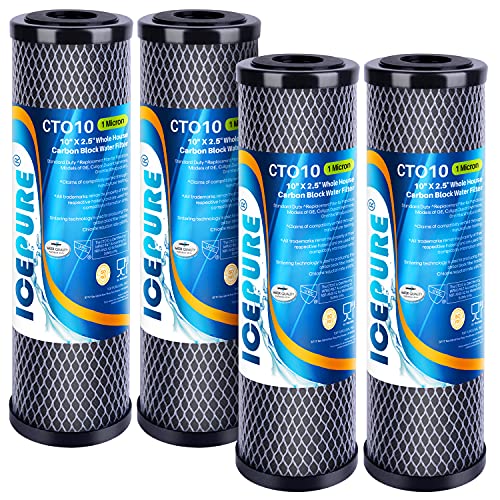
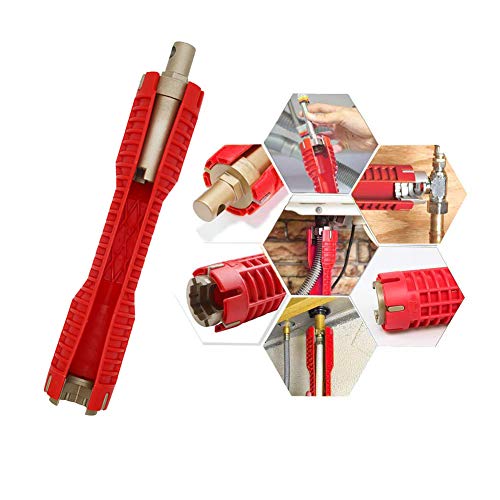
![MEISTERFAKTUR drain snake 2.0 [50 FT] - with drill attachment - Ideal plumbing snake for sink and drain unblocking - Solid drain auger for real DYIs! (50 FT - 1/4 inch)](https://m.media-amazon.com/images/I/41VwmTiOsgL._SL500_.jpg)













